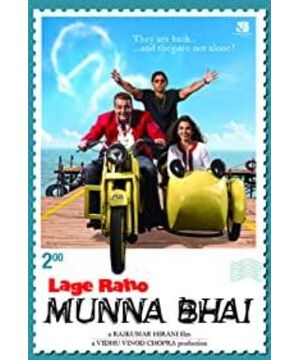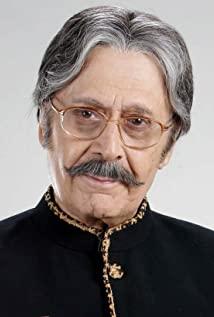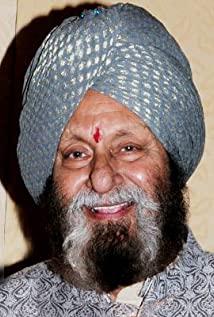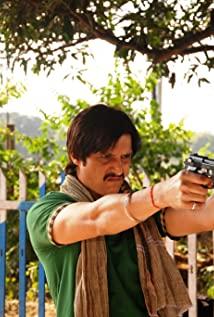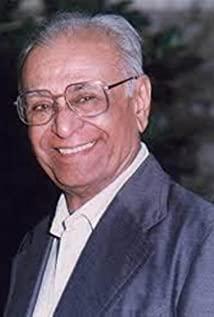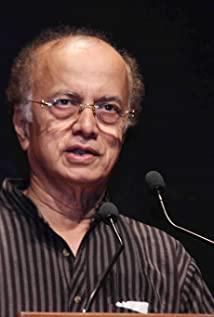But what I'm trying to say here is that Gandhi's non-violent non-cooperation was actually less effective than advertised. When India sought independence, the non-violent non-cooperation movement led by Gandhi was only one of the many anti-British movements. In the end, why Gandhi succeeded was precisely because of the threat of violent revolutionaries whom Gandhi opposed, and the British colonial government. It is not violent enough by itself - if Gandhi faced Hitler, Gandhi had already been wiped out humanely, how could he still have four chances to go to jail? Or can this also be considered a non-violent failure of the British colonial government? ——They realized their final defeat in India, so they chose to compromise with Gandhi, who took moderate measures among the opponents, in order to seek their best interests, which also made India’s independence not actually complete. Of course, Gandhi is great, but this does not mean that his ideas are the most correct. Gandhi's success, on the surface, seems to be the success of the non-violent non-cooperation movement, but in fact, the foundation of this success still depends on violence. Revolutionary power. Why did Gandhi become more and more touted later on? Quite simply, the rulers always did not want the people to take up arms to violently revolutionize.
Also, by the way, Gandhi married his wife at the age of thirteen, what an enviable fellow!
View more about Carry On, Munna Bhai reviews


